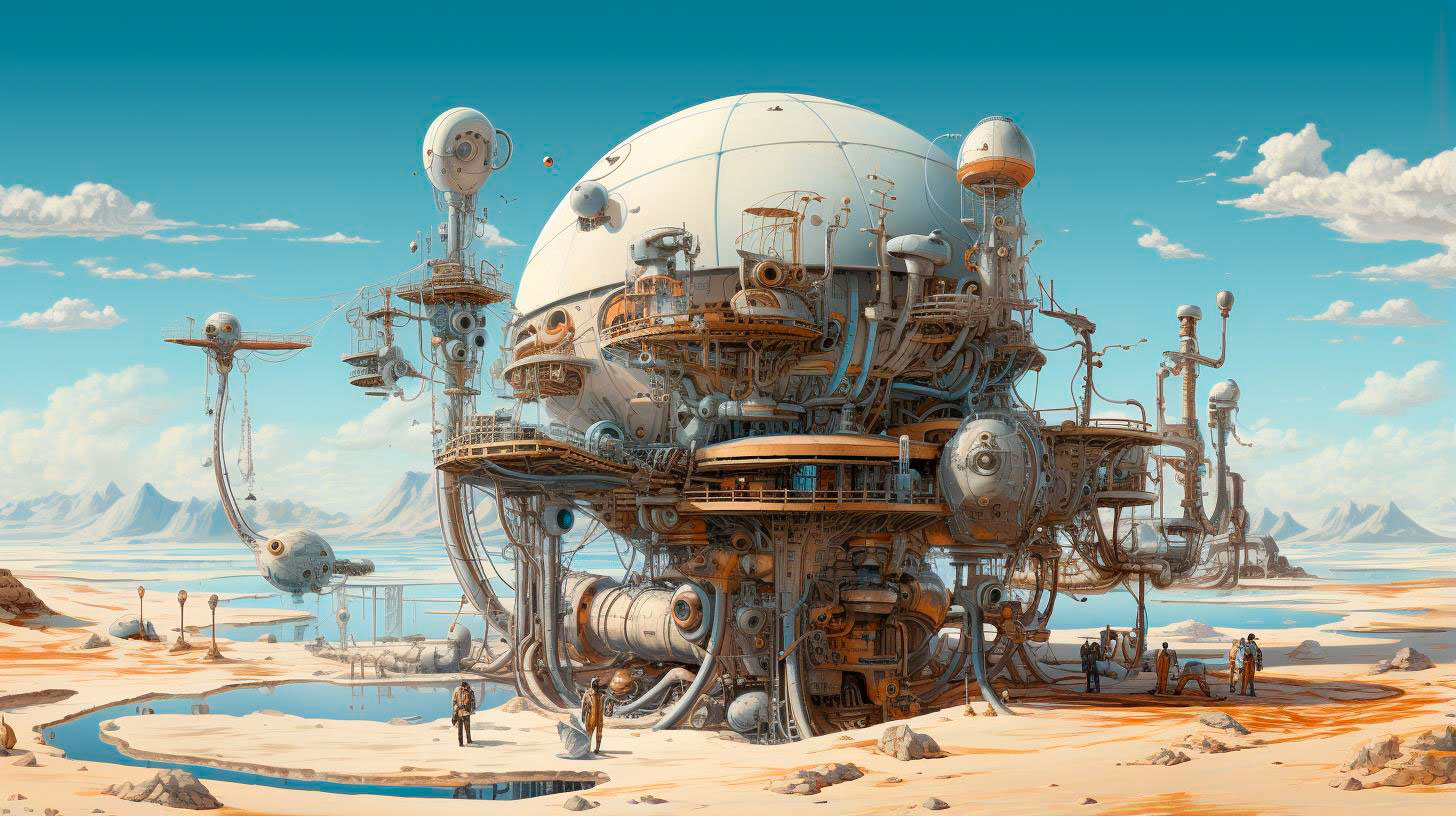Understanding Nuclear Energy
Nuclear energy is generated through a process called nuclear fission, which involves splitting the nucleus of an atom. This process releases a tremendous amount of energy that can be harnessed to generate electricity. Unlike fossil fuels, nuclear power does not produce greenhouse gas emissions, making it a cleaner alternative.
However, the process of producing nuclear energy is not without its challenges. The economic benefits need to be weighed against the drawbacks to determine its viability in a sustainable economy.
Economic Benefits of Nuclear Energy
Low Operating Costs: Nuclear power plants have relatively low operating costs compared to other sources of energy. Once the plant is built, the cost of uranium fuel and maintenance are the primary expenses. This creates stability in energy prices and can contribute to economic growth.
Job Creation: The nuclear energy sector creates a significant number of jobs, from construction and maintenance to plant operations and fuel production. These jobs generate income and contribute to local economies.
Energy Independence: Utilizing nuclear energy reduces dependence on imported fossil fuels, which can be subject to price fluctuations and geopolitical tensions. This enhances the energy security of a country and reduces vulnerability to global energy market fluctuations.
Base Load Power: Nuclear power provides a reliable source of base load electricity, meaning it can consistently generate electricity, unlike renewable sources that are dependent on weather conditions. This stability in power supply is crucial for industries and can support economic development.
Drawbacks of Nuclear Energy
High Initial Costs: Building nuclear power plants requires substantial upfront investments. The cost of constructing and licensing a plant is often significantly higher compared to other energy sources. This can pose financial challenges, especially for developing countries.
Radioactive Waste Disposal: Nuclear power generates radioactive waste that must be handled and stored safely for thousands of years. The cost and challenges associated with long-term waste management are significant concerns.
Safety Concerns: Accidents, such as the Chernobyl and Fukushima disasters, have highlighted the potential risks associated with nuclear power. Ensuring the safety of nuclear facilities requires rigorous regulations and constant monitoring, which add to the overall costs.
Limited Resource: While uranium is abundant, it is not an unlimited resource. The extraction and processing of uranium also come with environmental challenges. Research into alternative fuel sources such as thorium is ongoing, but it is not yet commercially viable on a large scale.
Achieving a Sustainable Economy with Nuclear Energy
As we strive for a sustainable economy, nuclear energy can play a significant role. By recognizing and addressing the drawbacks, while harnessing the economic benefits, we can move towards a more sustainable future. Some key considerations include:
- Promoting technological advancements to enhance the safety and efficiency of nuclear power plants.
- Investing in research and development of advanced nuclear technologies, such as small modular reactors.
- Implementing comprehensive and secure long-term radioactive waste management solutions.
- Encouraging international collaboration to establish global standards and regulations for the nuclear energy sector.
In conclusion, nuclear energy presents both economic benefits and drawbacks. It offers low operating costs, job creation, energy independence, and base load power. However, high initial costs, radioactive waste disposal, safety concerns, and limited resources need to be addressed. By carefully managing these challenges, nuclear energy can contribute to a sustainable economy while reducing greenhouse gas emissions.
For more information on the economic aspects of nuclear energy, you may visit the United States Nuclear Regulatory Commission’s website.
